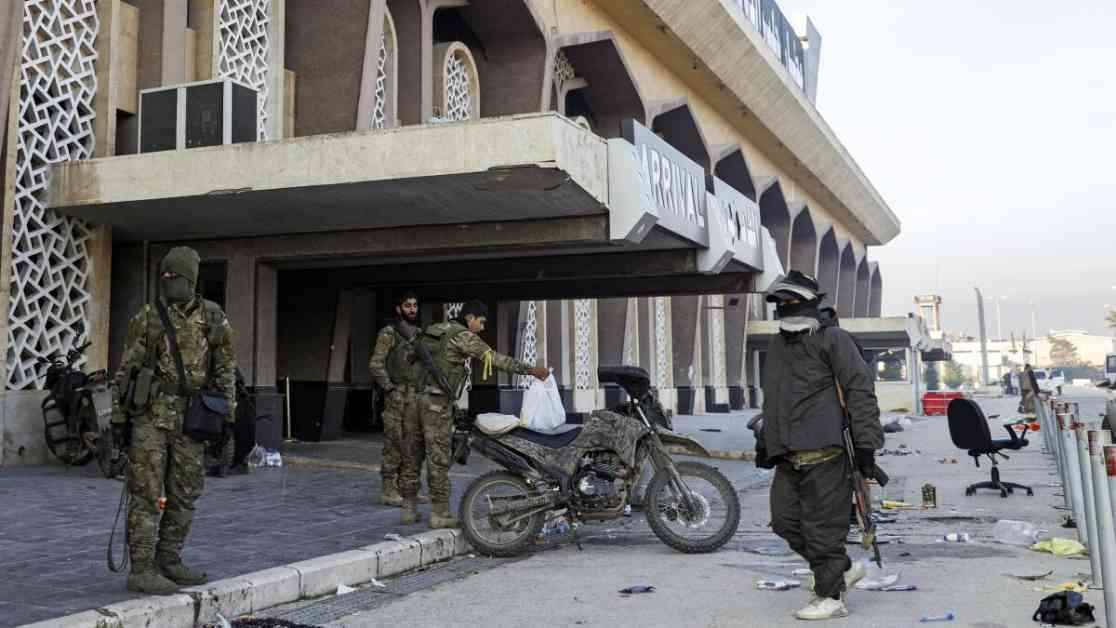Syria’s Civil War: A Tale of Escalating Conflict and Renewed Violence
BEIRUT — Last week, Syria’s rebels made a bold move, capturing Aleppo in a surprising advance that has reignited the country’s long-dormant civil war. Over the past seven days, the rebels have made significant gains in Idlib, Aleppo, and Hama provinces, posing a serious threat to Syrian President Bashar Al-Assad and his allies in Iran and Russia.
In a conflict that has seen over half a million people killed and millions displaced, the recent offensive by the rebels has brought renewed attention to a war that has never truly ended. But what led to this sudden resurgence of violence, and what does it mean for the different players involved?
### Who is involved and why is it important?
The belligerents in Syria’s civil war are the remnants of a conflict that began in 2011 with antigovernment protests calling for Assad to step down. The government’s brutal response triggered an armed rebellion, leading to a complex web of armed factions and foreign backers. Assad, supported by Iran and Russia, has been able to maintain control over much of the country, while other regions are held by various rebel groups and Kurdish militias.
### Why did the offensive start now?
The recent offensive by the rebels comes at a time when Assad’s allies are weakened, with Iran and Russia preoccupied with other conflicts. Israel’s intensified attacks on Iranian-affiliated groups in Syria have further destabilized the region, creating an opportune moment for the opposition to strike.
### What is happening on the ground?
Led by jihadist groups and Turkish-backed militias, the rebels have made significant territorial gains, including the capture of Aleppo. The Syrian army has launched a counterattack in Hama, but the situation remains fluid as both sides jockey for control.
### What does it mean for Assad and his allies?
Assad, once seen as secure in his grip on power, now faces a serious challenge from the opposition. If the rebels can maintain their gains and win over the local population, Assad may be forced to make concessions in exchange for his survival, potentially reshaping the balance of power in the region.
In the complex web of alliances and rivalries that define the conflict in Syria, the recent offensive by the rebels has the potential to upend the status quo and reshape the region’s political landscape. As the fighting continues, the world watches to see what the future holds for Syria and its people.



























